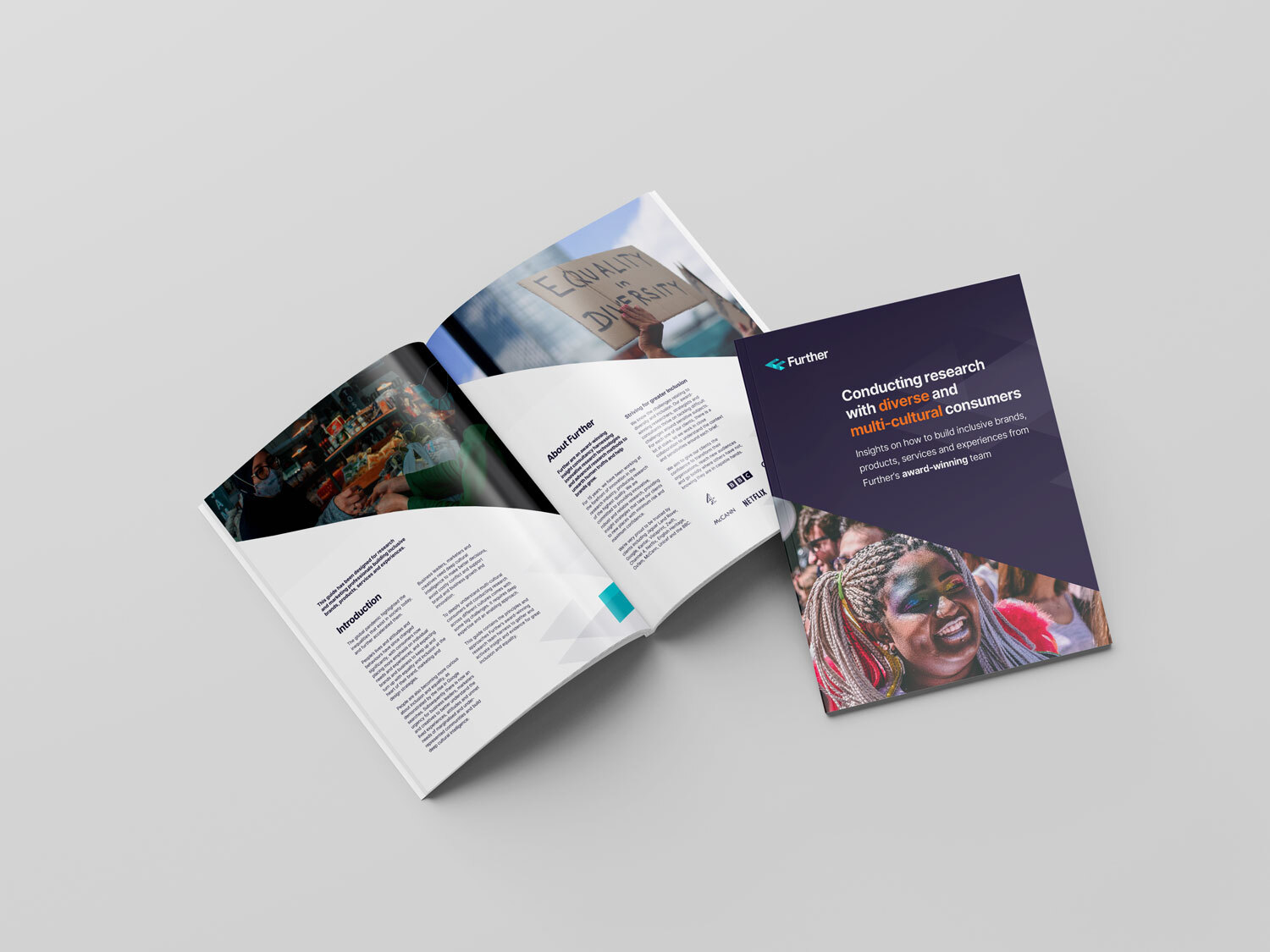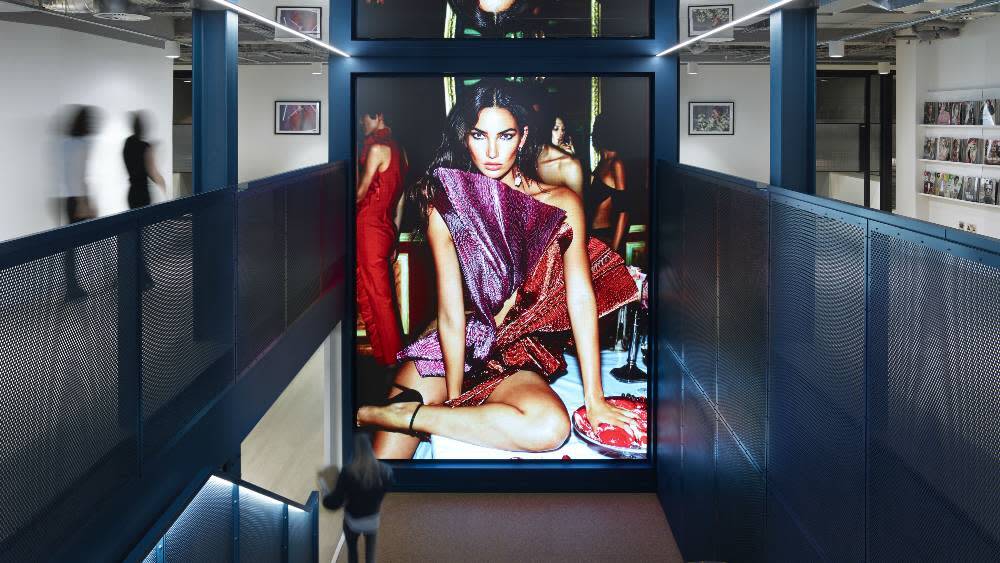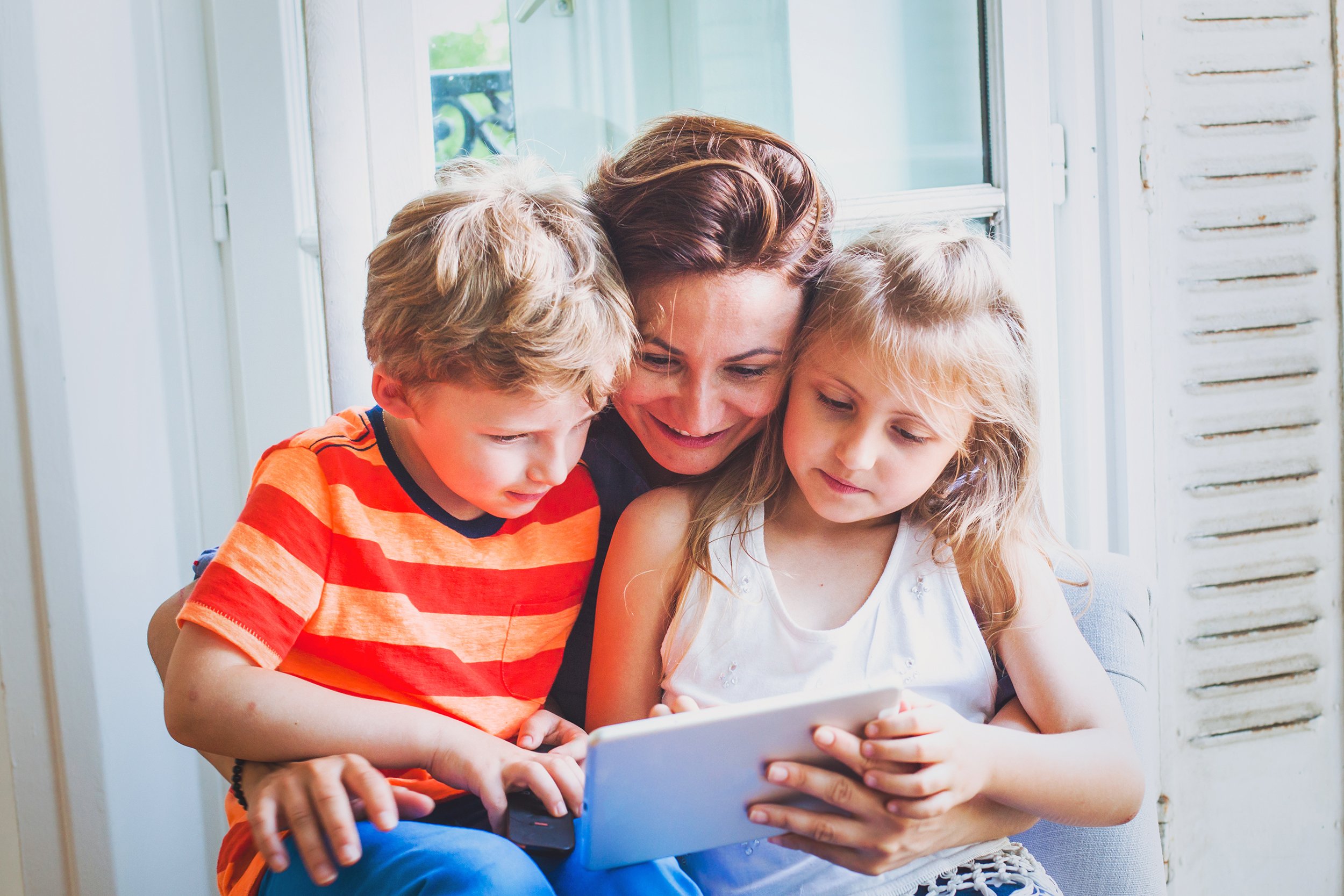Health. Security. Freedom. Community. For a year – and counting – we’ve all been dragged along in the slipstream of a world-changing pandemic. Our lives have changed in a myriad of different ways.
But has the pandemic changed what we value? Has it made us re-evaluate what really matters to us? And going forward, how might that affect the way we live, the way we work, what we buy and what we believe?
What are your values?
Our values determine every decision we make. Yet, here’s a disconcerting truth. Most of us, most of the time, don’t think about the way our values – or belief systems - affect us. We may not even be aware of what our values are.
There are a number of reasons for that:
- The first is that many of our values are not consciously chosen. Instead, we adopt the dominant beliefs of our societies and our families.
- It is difficult to question values that are upheld and reinforced by the people around us. Conformity is easier.
- Our values drive the choices we make. Looking closely at our values can call into question huge life decisions that we’ve already made: from the jobs we do to the people we befriend. It’s often easier simply not to ask questions that might upset the status quo.
So, given that, what can prompt us to think about our values?!
So, given that, what can prompt us to think about our values?!
What makes you question your values?
.webp?width=635&name=AdobeStock_254086201%20(1).webp)
Again, there are a range of possible answers:
- Coming into contact with alternative views.
A couple get together. One believes that security is of paramount importance and that debt should be avoided. The other believes in balancing present opportunities with future security. Through the course of their relationship, these different financial values will come into focus, potentially leading both people to start questioning their beliefs around money. - Becoming aware that your inner values conflict.
A community-minded couple believe in state education. They feel that private education creates a two-tier system that’s unequal and unfair. But they also want their own children to have every possible opportunity and believe that private education may open more doors. The result? They’re forced to choose between two deeply-held values: one community-facing and one family-facing. In this instance, they have to choose which value means the most to them. - Having time to reflect on your values.
Someone who has always prioritised professional success accepts a promotion that leads to long working hours. The stress results in back pain, which leads to enforced absence from work. With time to think about the choices that they are making, they come to the conclusion that they value their health more than their job title. They take a step down to a less pressurised role.
Even in these simple examples, it becomes clear that our value systems aren’t always clearly thought out or neatly hierarchical. We can hold beliefs that clash with one another. We can express a commitment to one thing, only to find ourselves in a situation in which we’re willing to compromise that value. We can be confronted by situations or ideas that fundamentally change the way we think.
And that leads us back to the pandemic.
Rational versus irrational thinking
When it comes to our values, there is one very important difference between life pre-COVID and today. It’s got nothing to do with health. It’s the simple matter of options.
Pre-Covid, the sheer volume of options open to us reduced the time we could spare to think rationally about each individual choice. A glut of possibilities favours irrational thinking: short-term, spontaneous decision-making, made in the moment.
But since the pandemic began, our lives have narrowed. The lack of socialising and diminished leisure choices means that we have fewer options about what we buy and what we do.
What does that mean in effect? It means that where we can make a choice about how we spend our time and our money (both good indicators of our underlying values), we are often making more considered decisions.
We’re thinking more deeply about each option, applying logic and thought to our choices and looking for what will benefit us most in the long-term.
.webp?width=635&name=AdobeStock_243879564%20(1).webp)
A caveat! This isn’t true for everyone, all of the time. For those dealing with the demands of working from home, or juggling work and caring responsibilities, or facing the emotional toll of the pandemic, the headspace needed for logical, considered decisions can feel in short supply.
But these experiences – of loss, of overwhelm, of fear, of fatigue - are also being driven by the pandemic. And they, too, are impacting on our values. They’re acting as a catalyst: motivating us to re-think how we want to live our lives.
On both a rational and a reactive level, we’re asking ourselves what matters to us. What do we want life to look like, when a new ‘normal’ emerges?
- How do we want to work?
- What do we really want to spend our money on?
- How do we want employers to support employee wellbeing?
- How do we want to socialise?
- How do we want to travel?
As our values shift, the way we behave will shift. What will that mean for businesses? Which of the changes brought about by the pandemic will remain in place for your customers? Which of their values will come to the fore? And how will they want you to adapt and grow?
The challenge for businesses
.webp?width=635&name=AdobeStock_192812944%20(1).webp)
Once upon a time, businesses were simply required to provide a product or a service. Then they started to reflect the aspirations of their customers. Now, the demand is for businesses to embody the values of their customers.
So, at a time when values may be changing, do you know what will drive the choices of your customers? Are these changes lasting and structural, or are they simply short-term? Do your brand promises still echo the needs and motivations of your audience?
The answers to these questions will help to determine whether or not your company thrives over the coming years. That’s true whether you’re an established brand, a challenger or a newbie just starting out.
If you’re a disrupter or challenger brand, do the attitudes and desires you exist to fulfil still motivate consumers? In the face of rapid change, do you continue to represent a relevant alternative? Or have the enemies and challenges you once railed against been replaced by altogether different challenges. Do you understand the shifting mindsets? In the post-2020 world, what are you offering - and why?
Now is the time to ask the questions. Has the pandemic changed what you value? Has it changed the way you want to live and work? How many other people are feeling the same way?
About us
At Further, we use our technology and expertise to help brands and organisations answer their most important questions. We help consumers and your customers reflect on what really matters to them and why. Discover the insights you need. Contact Us





















%20(1).webp)

.webp)

%20(1).webp)

.webp)

.webp)
.webp)
.webp)
.webp)

.webp)
.webp)
.webp)
.webp)